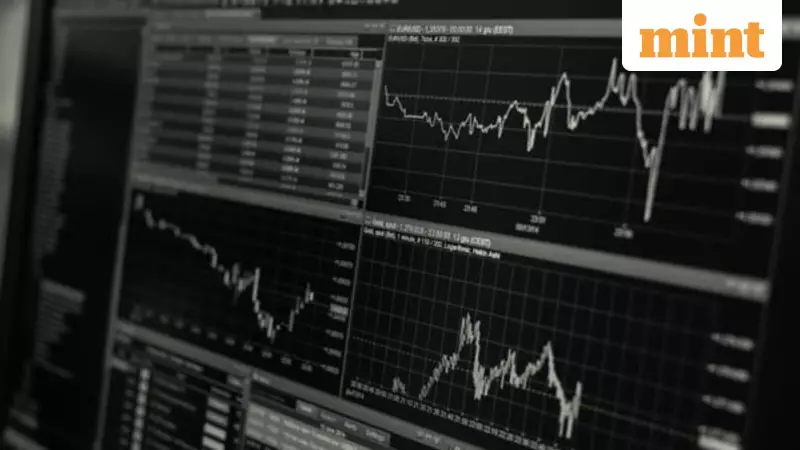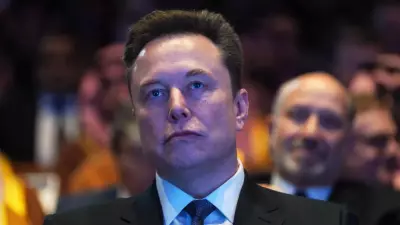
AI Frenzy Boosts TSMC, But Creates a $100 Billion Fund Dilemma
The insatiable global demand for artificial intelligence technology has sent the share price of Taiwan Semiconductor Manufacturing Company (TSMC) soaring. However, this very success is creating a significant challenge for fund managers worldwide, preventing them from fully cashing in on the rally and putting them at risk of underperforming their benchmarks.
According to a Bloomberg report updated on 12th November 2025, the massive concentration of TSMC in key market indexes is clashing with regulations that limit how much a fund can invest in a single stock. This conflict is impacting a staggering amount of capital.
The Scale of the Problem
Data compiled by Bloomberg reveals the sheer magnitude of the issue. The rally has affected at least $100 billion in funds that are benchmarked to MSCI Inc.'s Asia and emerging markets indexes. An additional $5 billion in vehicles tracking Taiwan's own Taiex index are also feeling the pinch.
Shares of TSMC, the world's largest contract chipmaker, have surged an impressive 36% in Taipei this year, purely on the back of the AI boom. This powerful rally has catapulted the stock's weighting in critical indexes to unprecedented levels. TSMC now accounts for nearly 43% of the Taiex and its weighting has climbed to almost 12% in both the MSCI Emerging Markets Index and the MSCI Asia Pacific Excluding Japan Index.
Why Fund Managers' Hands Are Tied
This creates a direct problem for active funds, particularly those operating under strict diversification rules. For instance, funds subject to the European Union's UCITS regulations, along with many others, must cap their exposure to any single stock at 10%. Taiwanese regulations similarly prevent domestic funds from holding more than 10% of their net asset value in any one stock, though talks about easing this limit are reportedly underway.
Roxy Wong, a senior portfolio manager at BNP Paribas Asset Management Asia Ltd., articulated the frustration many managers face. "We're consistently underweight TSMC, not because of conviction, but due to structural limits," Wong stated. "The real risk for us is being underweight." This means that even if a fund manager is supremely confident in TSMC's prospects, the rules prevent them from holding a portfolio that matches the index's composition.
While passive, index-tracking funds generally have more leeway to mirror their benchmarks under European and newer Taiwanese rules, active managers are left struggling to keep pace, let alone outperform.
Searching for Solutions and Facing Reality
This is not a completely unique problem; dominant stocks like Hong Kong-listed Alibaba and South Korea's Samsung have caused similar issues. However, the situation is more extreme with TSMC, which stands as Asia's only stock with a market value exceeding $1 trillion.
In response, fund managers are getting creative. Some are turning to derivatives like futures or options to hedge against index movements. Others are trying to boost investments in companies seen as part of TSMC's value chain, such as Hon Hai Precision Industry Co. or ASE Technology Holding Co., hoping they will move in correlation with the chip giant.
John Tsai, a portfolio manager at Eastspring Investments Ltd. in Singapore, explained the strategy: "We are forced to consider other high-correlated stocks that may have the same fundamental drivers and build positions in these stocks to try to replicate a meaningful exposure."
However, this workaround has its flaws. While these alternative companies might share the same AI-driven growth story, they often cannot match TSMC's exceptional earnings quality, business resilience, and strong pricing power as the dominant player in advanced chip manufacturing.
BNP Paribas's Roxy Wong highlighted the core of the challenge, noting that it is hard to find a proxy that replicates TSMC's unique combination of market position, growth trajectory, and stability. With TSMC's weight in indexes continuing to rise, the problem for constrained fund managers is only getting worse, creating a widening performance gap that seems difficult to close in the near future.





